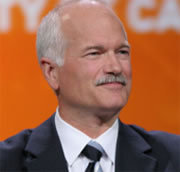Tags
Aśoka, Brian Victoria, Christopher Queen, Donna Brown, Engaged Buddhism, INEB, Sallie King, Thich Nhat Hanh, Thomas Freeman Yarnall, Wirathu
Western scholars of (socially) engaged Buddhism have often also considered themselves practitioners of engaged Buddhism, in a way that is more common than with other forms of Buddhism. Thus scholarship on engaged Buddhism often tends to take on a theological cast. I don’t think this is a bad thing. I’ve long tried to advocate that non-Western traditions should be treated as partners in dialogue, not as mere objects of study; we should be doing ethics and not only doing ethics studies. The field of engaged Buddhism is one where scholars often do Buddhist ethics and not merely study other people who do Buddhist ethics, and I appreciate that about the field very much – against those like Victor Temprano who object to such normative work.
Now theological scholarship still is, and should be, scholarship, subject to standards of academic rigour. This is where engaged Buddhist scholarship has sometimes been lacking. Engaged Buddhist scholars often write as if all Buddhism is socially engaged Buddhism, ignoring the Buddhists who advocate social disengagement. I’ve said my piece about that part. Today I want to point to another area where engaged Buddhist scholarship has lacked rigour in the past: the question of what engaged Buddhism is.
Continue reading
